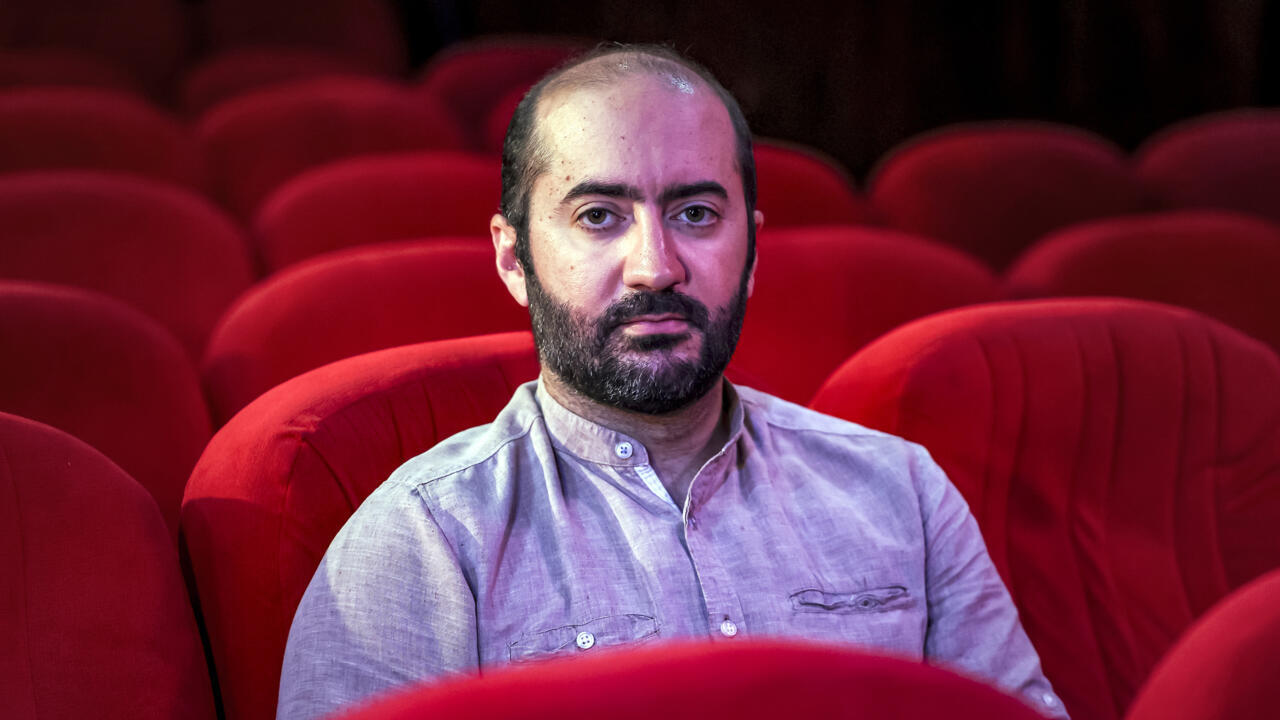"The Moroccan films screened at Cannes are among the best in the history of cinema in Morocco," Moroccan critic Bilal Marmid, who covered the Cannes fortnight, told AFP.
The young director of 32 years Asmae El Moudir won the coveted prize of the staging in the selection Un Certain Regard, with "Kadib Abyad" ("The Mother of All Lies").
His documentary explores the haunted past of his family and, beyond, that of the Moroccan kingdom during the "years of lead" of the reign of Hassan II.
Lack of archive images, the filmmaker imagined an ingenious device by filming a model of the neighborhood of her Casablanca childhood as well as figurines to narrate a family past, with in the background the "food riots", repressed in blood, in June 1981 in Casablanca.
"Making this film took me ten years and allowed me to reconcile with this past, even if it may have been violent," said Asmae El Moudir, who plays members of her family.
"A childhood dream"
"Being in Cannes is a childhood dream come true. Being selected is wonderful, but winning prizes is even more so," she exclaims.
Moroccan director Kamal Lazraq, June 1, 2023 in Casablanca © FADEL SENNA / AFP
It is also in Casablanca that Kamal Lazraq, 38, set the scene for his first feature film: "Les Meutes", jury prize in the same selection Un Certain Regard.
The film takes viewers on a hellish night on the outskirts of the metropolis where a man and his son, marginals, try to make a corpse disappear after a kidnapping gone wrong.
"Les Meutes", described by Mr. Lazraq as "a feverish road movie through Casablanca", is based on two non-professional actors, Ayoub Elaid and Abdellatif Masstouri.
"I like to start from a blank page and build the film with my actors because they bring a lot of their experiences and experiences," the Casablancan back from the Côte d'Azur told AFP. "I try to give them some freedom to create something authentic and intense together."
After the screening, "we had the impression that the film had been understood as it should be, that we had not gone wrong, so it's a great relief," says Kamal Lazraq, for whom "the price is the icing on the cake" after a shooting "quite long and difficult".
"Victory of youth"
"The films are all different, it creates emulation, I hope it will encourage young people (Moroccans) to embark on the adventure," he said.
A call that resonates with Zineb Wakrim, a 22-year-old apprentice director who received with her short film "Ayyur" ("Moon" in Amazigh, the Berber language) the 3rd prize of the Cinef, dedicated to film school films.
She portrays two teenagers suffering from the "disease of the children of the moon", a rare genetic pathology whose victims do not support the sun's rays.
Presenting her short film in Cannes was "a great victory for young people," says this graduate of the Higher School of Visual Arts of Marrakech (ESAV).
Moroccan cinema blossomed in the 1970s and 80s with the presentation by some filmmakers of innovative and powerful works, such as Mustapha Derkaoui ("De quelques événements sans signification", 1974), Ahmed Bouanani ("Le Mirage", 1980) and Ahmed Maanouni ("Alyam Alyam", 1978).
Over the past two decades, other directors -- such as Faouzi Bensaïdi ("A Thousand Months", 2003), Nabil Ayouch ("God's Horses", 2012) or recently Maryam Touzani ("Le Bleu du Caftan, 2022") -- have distinguished themselves but rather individually without overall dynamics.
Morocco seeks to support and enhance its cinema, with an annual budget of public aid to production of 60 million dirhams (about 5.5 million euros) since 2012.
© 2023 AFP

